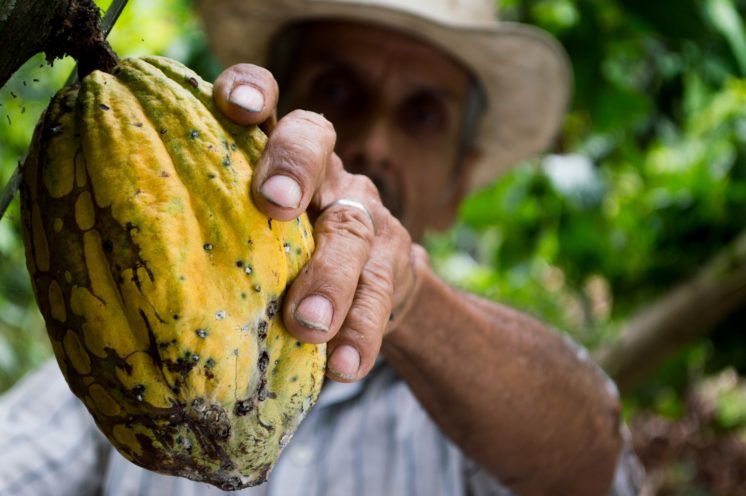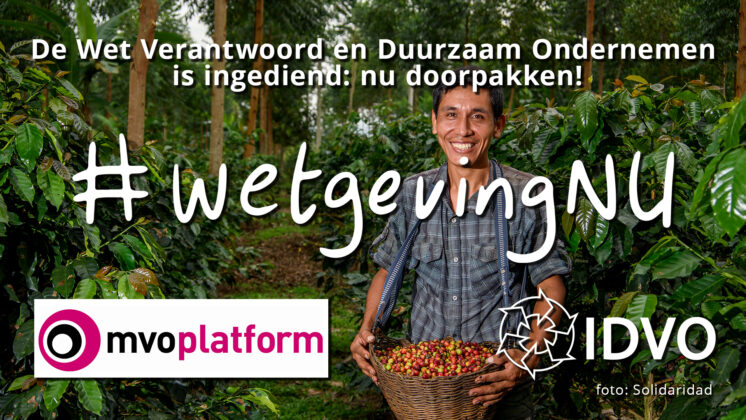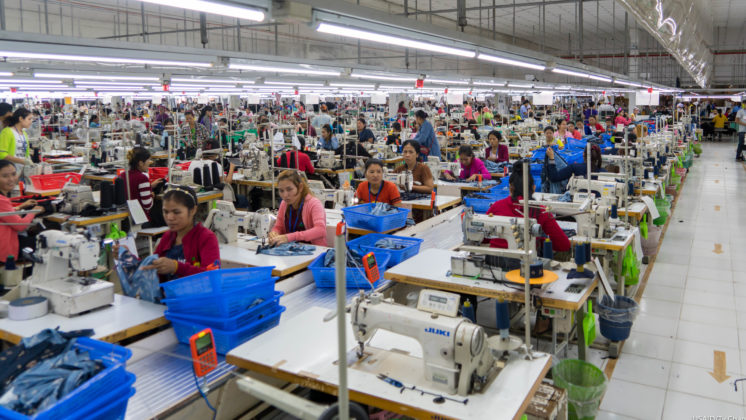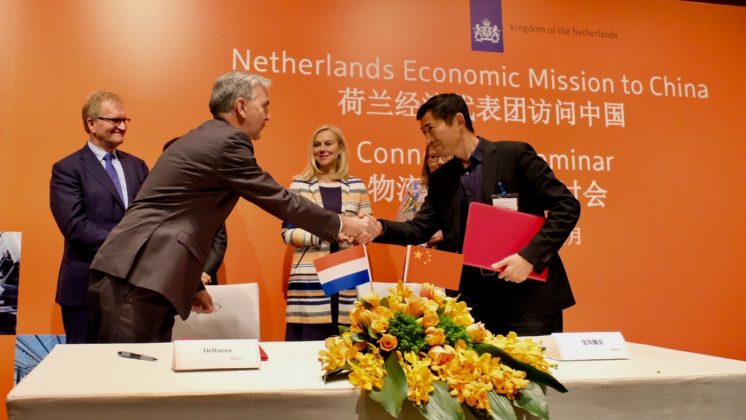The most important international norms for Responsible Business Conduct – the OECD Guidelines and the UN Guiding Principles (UNGPs) – require companies to perform due diligence in order to proactively identify, prevent and reduce risks in their supply chain, and to be accountable for these actions. Sustainability certification occupies an increasingly important place in the debate on Responsible Business Conduct (RBC). What is the relationship between the use of certification systems and due diligence as mandated by international RBC norms?
 Photo: Pixabay, Eliasfalla
Photo: Pixabay, EliasfallaDue diligence is a continuous process, in which certification can play a part, but can never replace due diligence. Depending on the criteria set and the quality of the system, sustainability certification can be a key instrument for companies to identify the sustainability risks in their (often complex) supply chains, promote sustainable development, reduce the risks of human rights violations, and create stakeholder involvement. Some certification systems offer additional programmes, besides the certification itself.
This position paper further elaborates the standpoint of the MVO Platform and discusses how a number of key concepts of certification and due diligence relate to each other, for example regarding risks, transparency and remedy.
MVO Platform position paper on certification and due diligence (5153 downloads )



